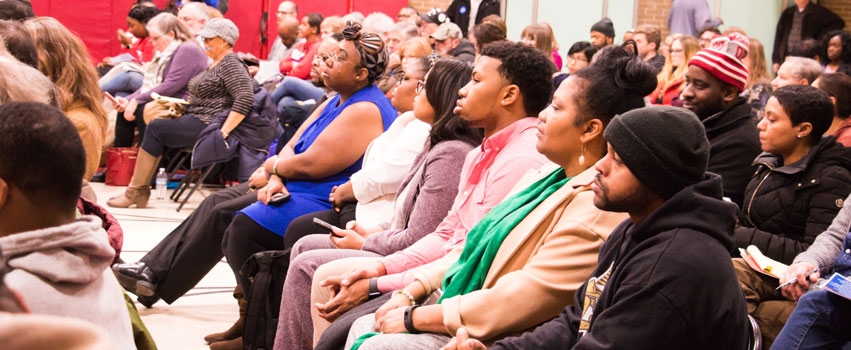Meeting the Moment: New Standards for Communications

Crises speed up the course of history, oftentimes triggering permanent change. Economic, social and cultural forces are redefined in times of difficulty—as demonstrated by the spread of the bubonic plague, yellow fever epidemics, the 9/11 terrorist attacks, and many others. Today’s current global crisis, COVID-19, is no different. In fact, we have already begun to see significant changes as a result of the virus related to remote work, e-commerce and delivery services, travel and tourism, and more.
Our ability to share information instantaneously has greatly increased the need for responsible, thoughtful and well-crafted communications. As a result, communicators across corporate America are experiencing a paradigm shift. Increased levels of engagement, connectivity, activism and transparency are setting a new standard for how organizations communicate with their internal and external stakeholders. The need to foster genuine engagement that is built upon a foundation of truth and transparency is now more important than ever.
Organizations of all kinds should heed the call for responsible communications, acting as curators of truth and establishing themselves as trusted voices. Gone are the days when transparent and forthright communication was a bonus; today’s current social and economic environment make such communications an expectation of all stakeholders.
In order to successfully adapt your communications strategy to meet the needs of the moment, consider making the following changes:
- Don’t encourage transparency, demand it. Transparency often walks hand in hand with vulnerability, an emotion many stakeholders tend to value. Year after year, brand reputation surveys prove that empty promises are quickly exposed as phony. With public health and safety at stake, audiences are rejecting fluffy, convoluted messages.
- Abandon the pursuit of a “new normal” and accept change as continuous. COVID-19 has shaken our routines and forced us into situations we once thought unsustainable. Rather than continuing to communicate with stakeholders in the interim, it’s time to accept our circumstances as they are and develop new techniques to meet the current need. The frequency of our communications, as well as the channels we previously relied upon, are no longer sufficient. Rather than get back to the way things were, we must decide how things will be.
- Allow data to inform legitimacy. In the interest of public safety, stakeholders and consumers alike are more willing to share personal information. This increased willingness to share information comes with a demand for greater commitments from organizations. Data should not only inform new protocols and safety measures; it should serve as the foundation for communicating such updates.
- Treat your stakeholders as your most valuable asset. The most resilient companies to come out of this pandemic will be those that understand the value of their stakeholders. Organizations that prioritize forthright communication with their audiences will win out over those that view communication as an afterthought.
With any luck, organizations will carry these higher standards with them into the future. Rather than relying on these techniques as crisis management tools, these principles will serve as best practices. In doing so, a more responsible and sustainable future could be on the horizon for organizations who understand this and fully embrace this bold, new world. PM
Stephanie AlKhafaji is Director of Marketing and Communication for Tada Cognitive Solutions.
